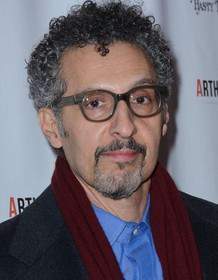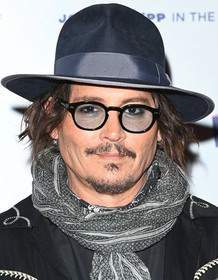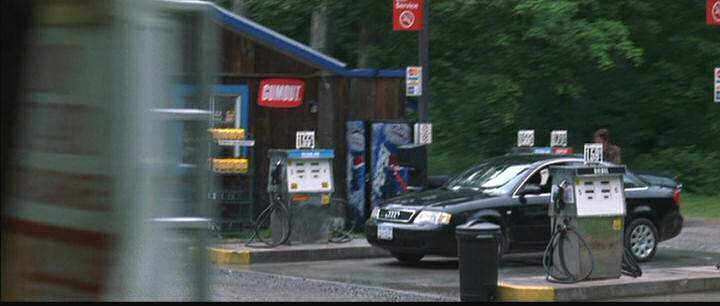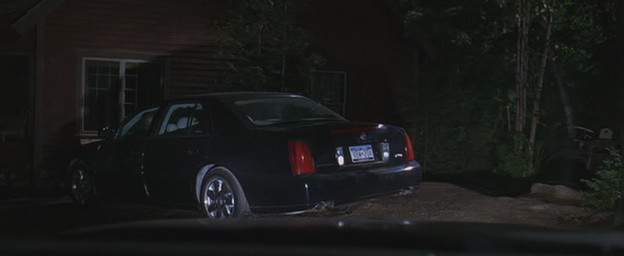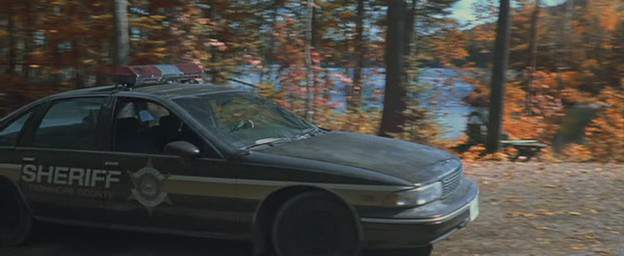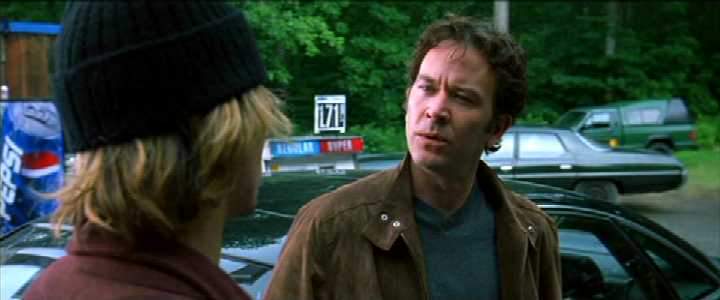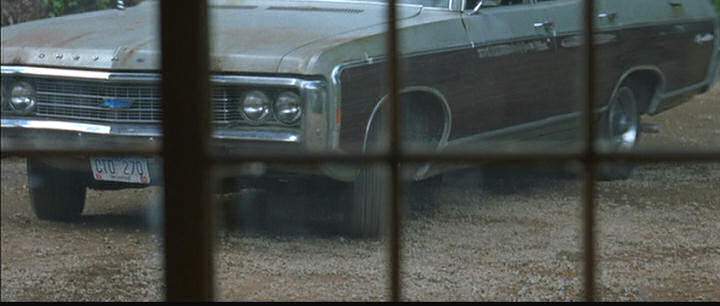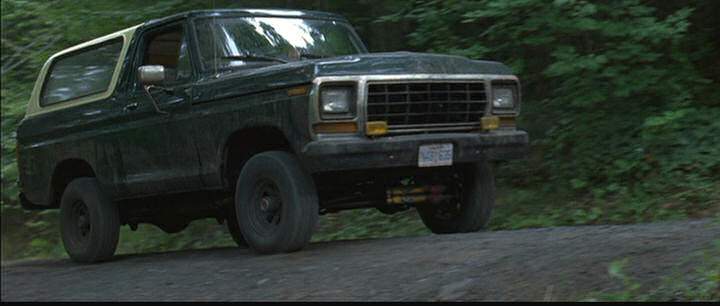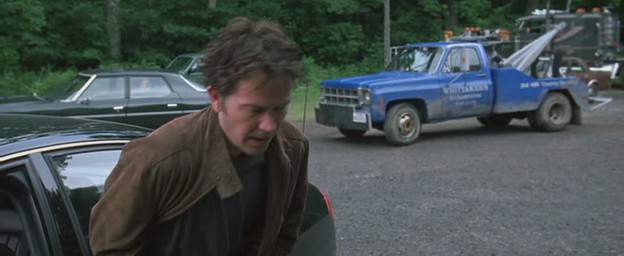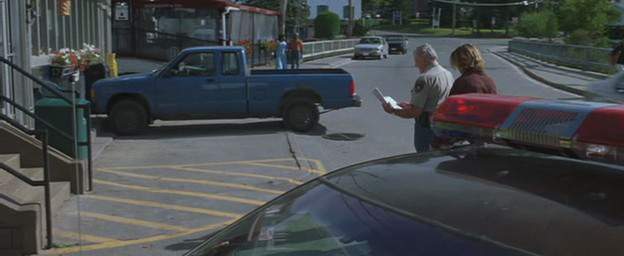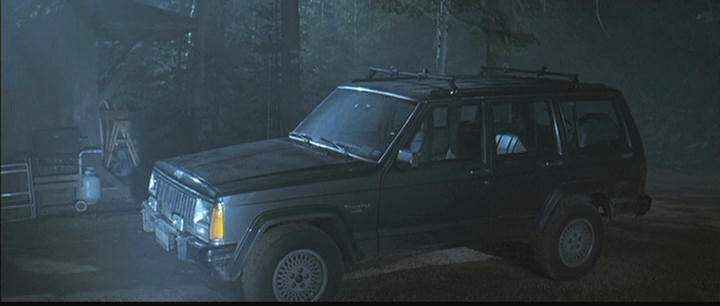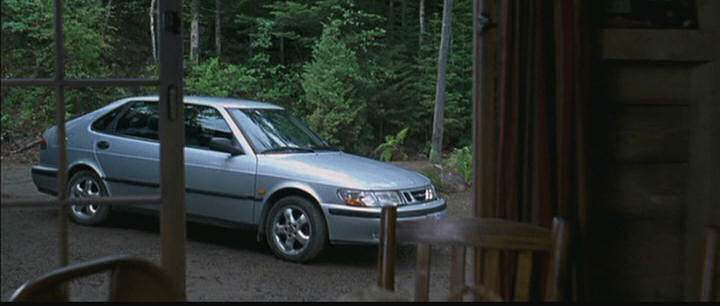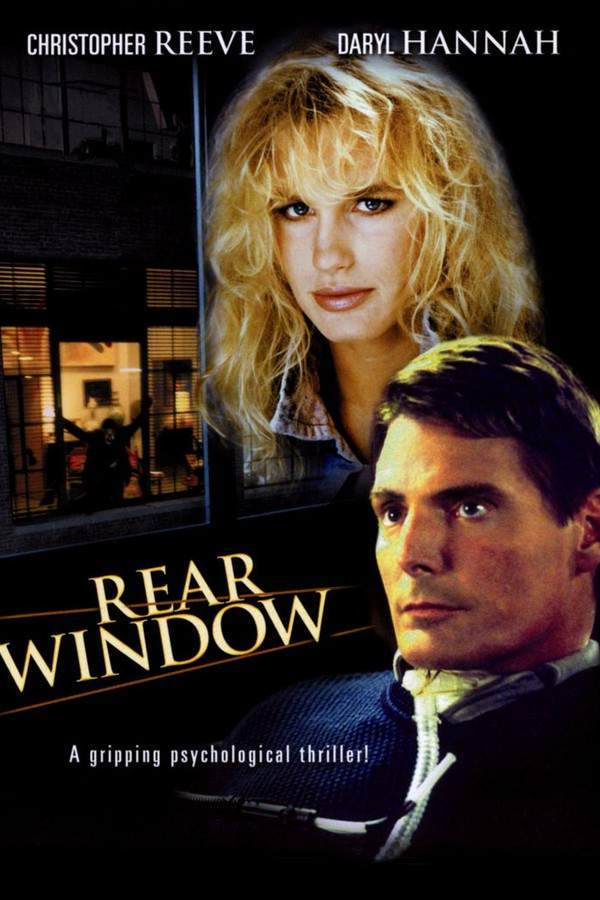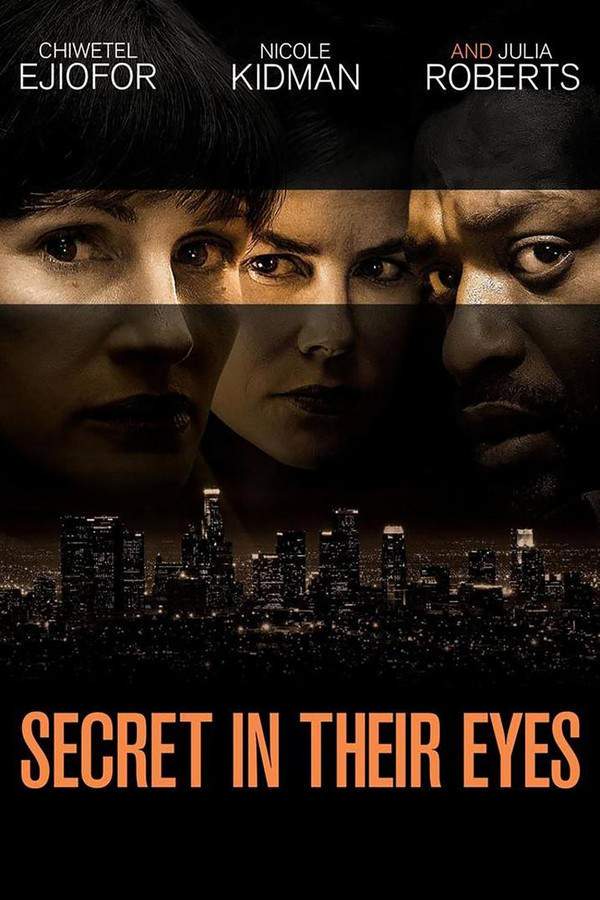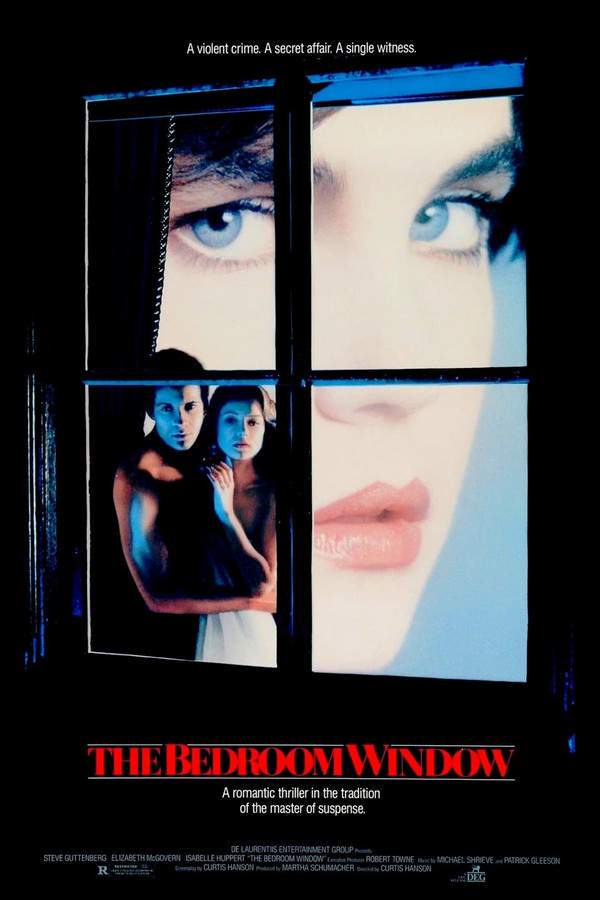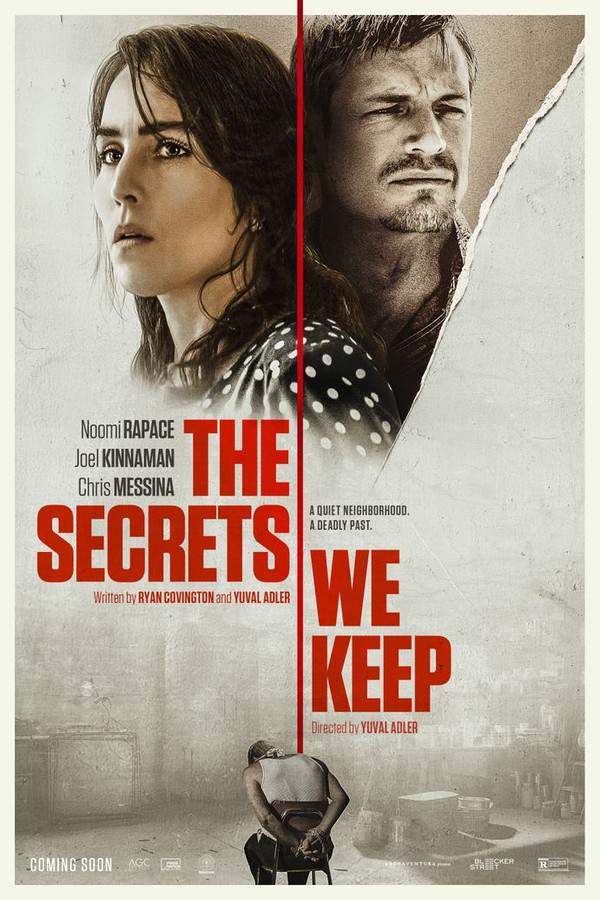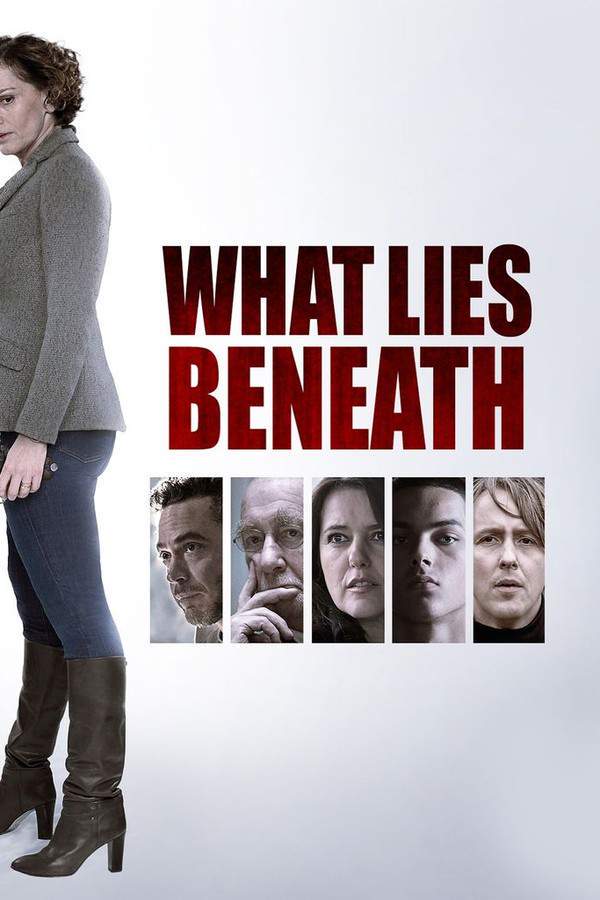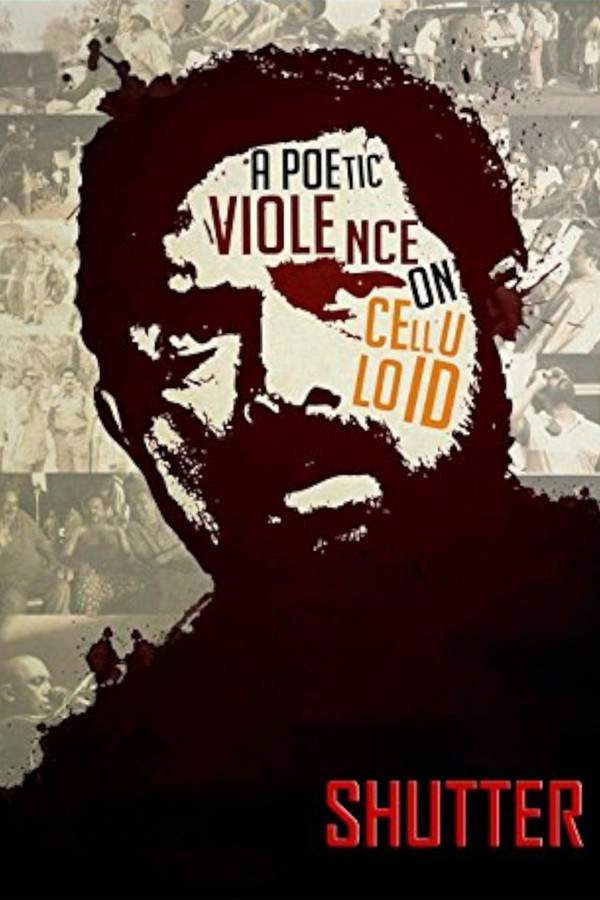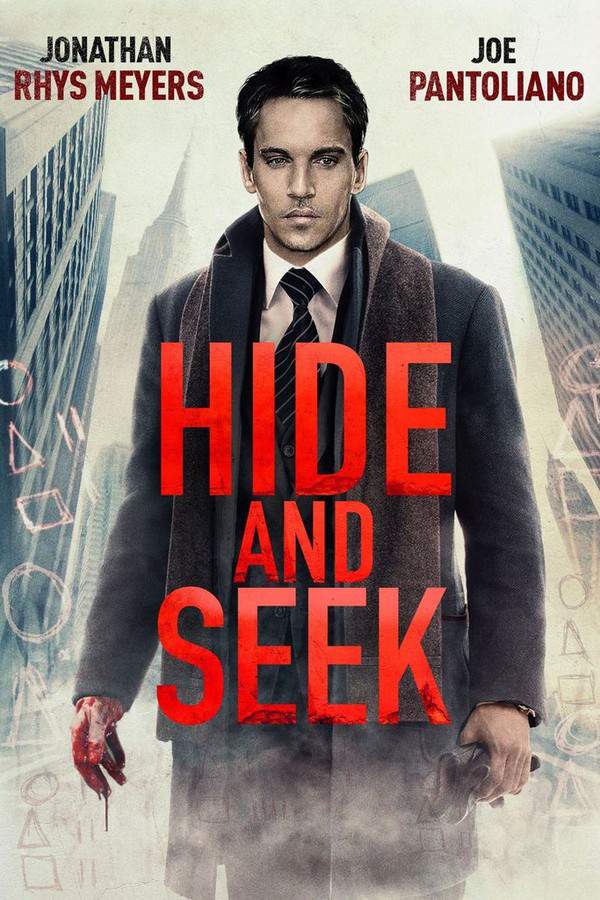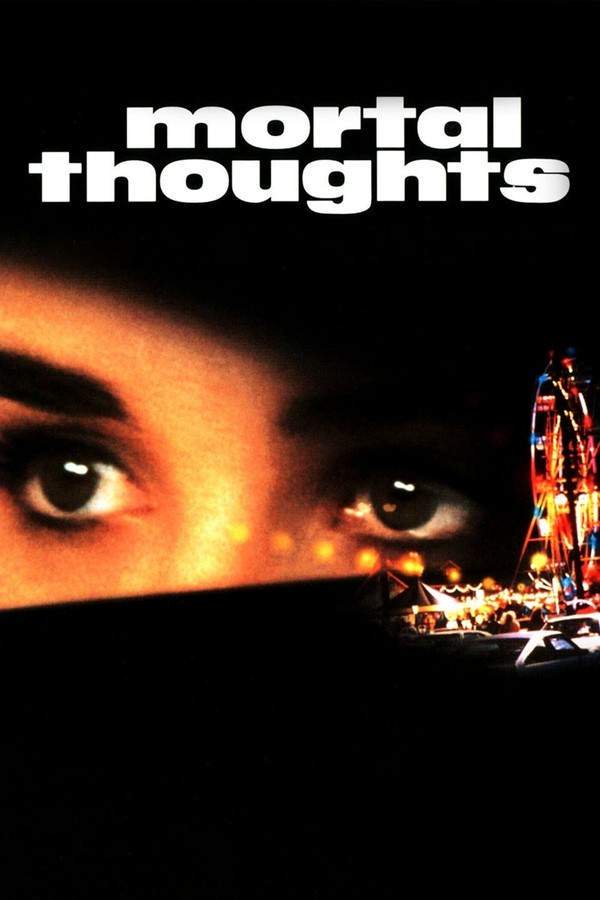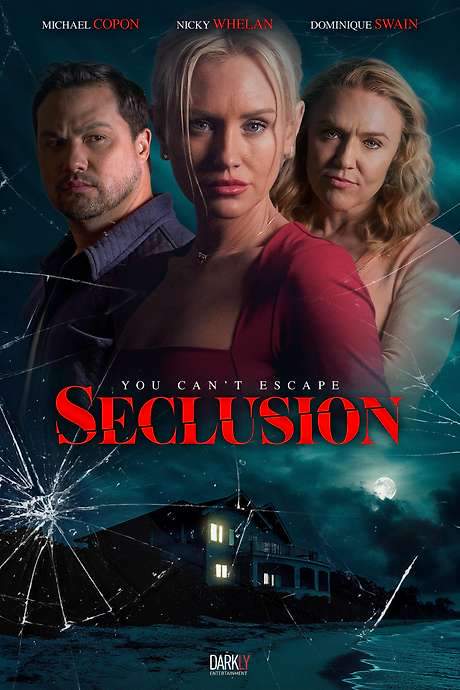Secret Window 2004
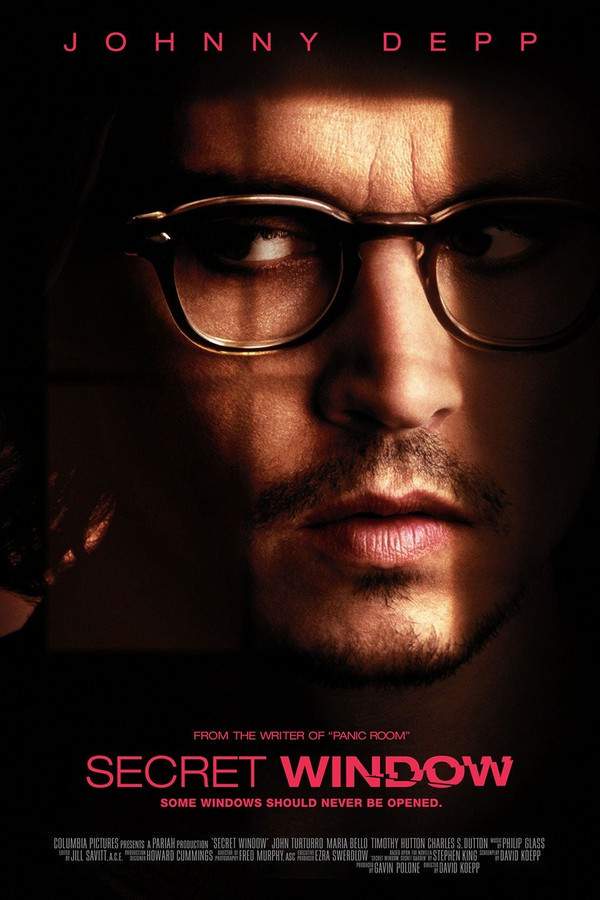
Haunted by a failing marriage and seeking refuge in a remote lakeside cabin, writer Mort Rainey is confronted by the unsettling John Shooter. Shooter accuses Rainey of plagiarism, claiming he stole his story. As Shooter’s accusations escalate, Rainey’s sense of reality fractures, and he finds himself increasingly isolated and fearing for his safety, unsure if Shooter is a genuine threat or a figment of his unraveling mind.
Does Secret Window have end credit scenes?
No!
Secret Window does not have end credit scenes. You can leave when the credits roll.
Meet the Full Cast and Actors of Secret Window
Explore the complete cast of Secret Window, including both lead and supporting actors. Learn who plays each character, discover their past roles and achievements, and find out what makes this ensemble cast stand out in the world of film and television.
External Links and Streaming Options
Discover where to watch Secret Window online, including streaming platforms, rental options, and official sources. Compare reviews, ratings, and in-depth movie information across sites like IMDb, TMDb, Wikipedia or Rotten Tomatoes.
Ratings and Reviews for Secret Window
See how Secret Window is rated across major platforms like IMDb, Metacritic, and TMDb. Compare audience scores and critic reviews to understand where Secret Window stands among top-rated movies in its genre.

46
Metascore
6.4
User Score


%
TOMATOMETER

0%
User Score

6.5 /10
IMDb Rating

66
%
User Score
Take the Ultimate Secret Window Movie Quiz
Challenge your knowledge of Secret Window with this fun and interactive movie quiz. Test yourself on key plot points, iconic characters, hidden details, and memorable moments to see how well you really know the film.
Secret Window Quiz: Test your knowledge on the psychological thriller 'Secret Window' and its intricate plot twists.
Who plays the role of Mort Rainey?
Johnny Depp
John Turturro
Charles S. Dutton
Len Cariou
Show hint
Full Plot Summary and Ending Explained for Secret Window
Read the complete plot summary of Secret Window, including all major events, twists, and the full ending explained in detail. Explore key characters, themes, hidden meanings, and everything you need to understand the story from beginning to end.
Famed mystery writer, Mort Rainey, portrayed by Johnny Depp, finds himself facing a troubling encounter when a stranger appears at his doorstep. This enigmatic figure, John Shooter, played by John Turturro, accuses Mort of stealing his story idea. While Mort insists that he can provide proof of his own work, the situation escalates as Shooter’s behavior turns increasingly aggressive.
Initially, Mort perceives Shooter as unstable and dismisses the manuscript thrown out by his housekeeper, only for it to resurface in his thoughts, leading him to read it. To his shock, he discovers that the content closely resembles his own novel, albeit with altered names and phrasing. This revelation sparks a tense battle for Mort, as he struggles to demonstrate to Shooter — and himself — that he has not plagiarized.
As the plot unfolds, Shooter’s harassment intensifies, culminating in the heartbreaking death of Mort’s dog, an Australian Cattle Dog named Chico. Mort, desperate for assistance, recruits a private investigator, played by Charles S. Dutton, and seeks help from the local sheriff, Dave Newsome, portrayed by Len Cariou. Unfortunately, the sheriff is skeptical of Mort’s claims. When Mort recollects that a local man witnessed them together, it appears that hope is not lost. Yet, the situation grows dire as Shooter takes matters into his own hands, murdering both the investigator and the witness, leaving their bodies in a car. Fearing that he will be framed for these crimes, Mort decides to dispose of the car by pushing it into a river.
The plot thickens as Shooter retaliates by burning down the house belonging to Mort’s soon-to-be ex-wife. Mort believes that his estranged wife’s lover, Ted, is involved in this deceit. In a twist of fate, Mort uncovers the magazine that serves as crucial evidence proving he published “Secret Window” before Shooter’s “Sowing Season.” However, upon retrieving the magazine, he faces a chilling confrontation with the sheriff, who seems to know more than he lets on.
Further revelations lead Mort to an unsettling conclusion about Shooter — he is not a real person but rather a manifestation of Mort’s own psyche, representing the darker parts of himself, a product of undetected dissociative identity disorder. This realization strikes Mort during a pivotal moment in front of a mirror, echoing themes from Magritte’s surrealism. Just as Mort’s wife arrives at their cabin and begins searching for him, she stumbles upon ominous signs of his split personality. In a tragic turn of events, Mort succumbs to the darker side of himself, leading to the brutal murders of his wife and her lover, Ted, before burying their bodies in a garden where he later plants corn.
As Mort’s character transforms, he emerges from a crippling writer’s block, rekindling his passion for life — albeit at a horrific cost. The film culminates in a chilling exchange with the sheriff, who ominously hints at the impending discovery of the bodies. Mort dismisses the threat with a calm confidence, declaring, > “The ending is the most important part of the story. This one is very good. This one is perfect.” It becomes clear to the audience that the bodies rest beneath the very cornfield that now flourishes.
Uncover the Details: Timeline, Characters, Themes, and Beyond!

Coming soon on iOS and Android
The Plot Explained Mobile App
From blockbusters to hidden gems — dive into movie stories anytime, anywhere. Save your favorites, discover plots faster, and never miss a twist again.
Sign up to be the first to know when we launch. Your email stays private — always.
Watch Trailers, Clips & Behind-the-Scenes for Secret Window
Watch official trailers, exclusive clips, cast interviews, and behind-the-scenes footage from Secret Window. Dive deeper into the making of the film, its standout moments, and key production insights.
Cars Featured in Secret Window
Explore all cars featured in Secret Window, including their makes, models, scenes they appear in, and their significance to the plot. A must-read for car enthusiasts and movie buffs alike.
Secret Window Themes and Keywords
Discover the central themes, ideas, and keywords that define the movie’s story, tone, and message. Analyze the film’s deeper meanings, genre influences, and recurring concepts.
Secret Window Other Names and Titles
Explore the various alternative titles, translations, and other names used for Secret Window across different regions and languages. Understand how the film is marketed and recognized worldwide.
Similar Movies To Secret Window You Should Know About
Browse a curated list of movies similar in genre, tone, characters, or story structure. Discover new titles like the one you're watching, perfect for fans of related plots, vibes, or cinematic styles.
Quick Links: Summary, Cast, Ratings, More

What's After the Movie?
Not sure whether to stay after the credits? Find out!
Explore Our Movie Platform
New Movie Releases (2025)
Famous Movie Actors
Top Film Production Studios
Movie Plot Summaries & Endings
Major Movie Awards & Winners
Best Concert Films & Music Documentaries
Movie Collections and Curated Lists
© 2025 What's After the Movie. All rights reserved.





